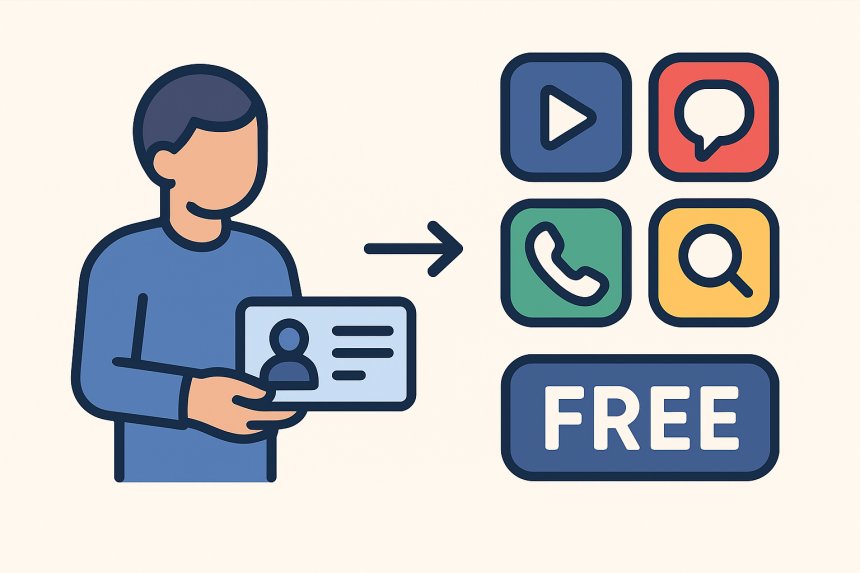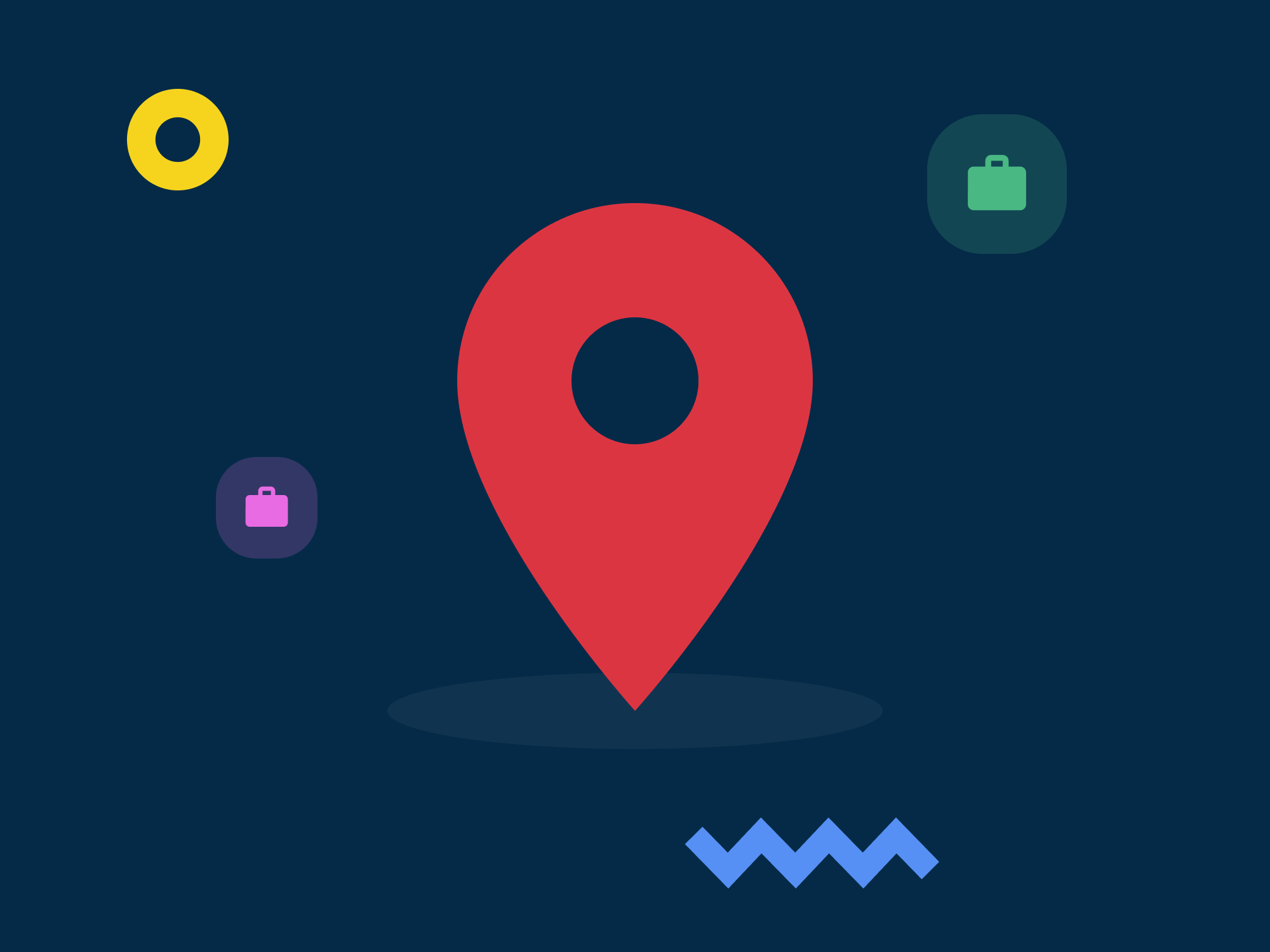
We all love free apps — whether it’s social media, photo editors, games, or productivity tools. They make our digital lives easier without costing a cent. But behind every “free download” button lies a business model that quietly collects something far more valuable than money: your personal data.
In the digital economy, data is the new gold, and free apps are some of the biggest miners. From tracking your habits to selling your information to advertisers, the real price you pay isn’t in pesos — it’s in privacy.
Let’s uncover what’s really happening behind the screen.
If an app doesn’t charge you, how does it make money?
Simple: by collecting, analyzing, and selling your data.
Many free apps use one or more of these profit models:
Free apps often track:
This data is sold to advertisers who use it to target you with personalized ads.
Apps build detailed profiles to predict what you might buy or click. These profiles are extremely valuable to marketing companies and political advertisers.
Some apps quietly pass your data to:
Often without your knowledge.
Even something as simple as how long you play a game or how often you open an app can be monetized.
This isn’t illegal — but it is hidden behind vague privacy policies written in complicated, unreadable legal language.
You’d be surprised how much they gather.
Some apps track your GPS location in real-time, even when not in use.
Certain apps request access to:
This can be abused for advertising or facial recognition data.
They track:
Every action teaches the app more about you.
Including:
Together, this creates a detailed digital fingerprint that is hard to erase.
Your data can be stored indefinitely — even after you uninstall the app.
AI-powered advertising can influence:
Without you even noticing.
The more apps that store your information, the greater your risk of exposure in massive data leaks.
Hackers can use stolen data to impersonate you, open accounts, or make purchases.
Some apps have been caught:
Your data is powerful — and in the wrong hands, dangerous.
Why do people keep downloading free apps despite the risks?
You get the app now with zero cost or effort.
We follow trends and rarely question how apps operate.
A common mindset — but flawed. Privacy isn’t about hiding; it’s about ownership and control.
Most users don’t read privacy policies because they’re intentionally long and confusing.
Paid apps feel unnecessary when a free version exists — even if it costs you your privacy.
You don’t have to avoid free apps entirely — just use them wisely.
Here’s how to protect your personal data without sacrificing convenience:
Go to your settings and disable access to:
If an app asks for permissions it doesn’t logically need — that’s a red flag.
Instead of mainstream apps that collect data, use:
These apps don’t track or sell your data.
If you don’t want to read the full policies, check:
Most app stores now show what data is collected before you download.
Avoid using “Login with Facebook” or “Login with Google.”
This gives those platforms access to your activity on other apps.
Use:
Old or forgotten apps often continue collecting data in the background.
Perform a monthly “digital cleanup” and remove unused apps.
A VPN hides:
This reduces the amount of data apps and trackers can collect.
Free apps aren’t inherently bad — but you need to use them with awareness and intention.
Before downloading, ask:
Privacy isn’t about avoiding technology.
It’s about using it on your terms.
The hidden cost of free apps isn’t money — it’s information.
Your habits, preferences, identity, and digital behavior are valuable commodities traded behind the scenes.
By understanding how free apps operate and taking simple precautions, you can enjoy modern conveniences without sacrificing your privacy.
Protect your data — because once it’s out there, you can’t take it back.
 Like
0
Like
0
 Dislike
0
Dislike
0
 Love
0
Love
0
 Funny
0
Funny
0
 Angry
0
Angry
0
 Sad
0
Sad
0
 Wow
0
Wow
0